Buy Iressa : Gefitinib 250 Mg Tablets 30’S Online
$147.61
Brand Name: Iressa
Composition: Gefitinib
Manufacturer: Astrazeneca Pharma India Ltd.
Potency: 250mg
Formulation: Tablets
Packaging: 30 Tablets per pack
Prescription Required*
Iressa (Gefitinib) is an oral medication used for the treatment of non-small cell lung cancer. It belongs to a class of medications called tyrosine kinase inhibitors which work by blocking the action of an enzyme called epidermal growth factor receptor (EGFR) that is involved in the growth and spread of cancer cells. Iressa helps to slow down or stop the growth of cancer cells in the lungs.
Uses:
Iressa is used for the treatment of non-small cell lung cancer. It is given to patients who have specific genetic mutations that make them more likely to respond to the medication. Iressa is used as the first treatment in patients with advanced or metastatic lung cancer or as a secondary treatment after chemotherapy.
Usage and Dosage:
Iressa should be taken orally with or without food, once a day. The prescribed dosage of Iressa for adult patients is 250 mg once a day. The medication should be taken at the same time every day. Dosage adjustments or discontinuation may be needed based on the patient’s response and tolerance to the medication.
Storage Conditions:
Iressa should be stored at room temperature, away from direct sunlight, heat, and moisture. Keep the medicine out of the reach of children and pets.
Mechanism of Action:
Gefitinib blocks the action of epidermal growth factor receptor (EGFR), a protein that is overexpressed in many cancer cells and plays a major role in the growth and spread of cancer cells. By inhibiting the action of EGFR, Gefitinib slows the growth of cancer cells and prevents them from spreading to other parts of the body.
Contraindications:
Iressa is contraindicated in patients who are allergic to Gefitinib or any other ingredients of the medication. It is also contraindicated in pregnant or breastfeeding women.
Interactions:
Iressa may interact with other medications, vitamins, or herbal products. Patients should inform their healthcare provider about all medications they are taking before starting the treatment with Iressa.
Side Effects:
Common side effects of Iressa include diarrhea, skin reactions, acne, dry skin, nail changes, fatigue, decreased appetite, and weight loss. Serious side effects may include liver problems, lung problems, low white blood cell count, and eye problems. If any of these side effects occur, patients should contact their healthcare provider immediately.
Be the first to review “Buy Iressa : Gefitinib 250 Mg Tablets 30’S Online” Cancel reply
Related products
Anti Cancer
Anti Cancer
Anti Cancer
Anti Cancer
Anti Cancer



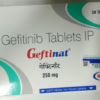
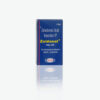
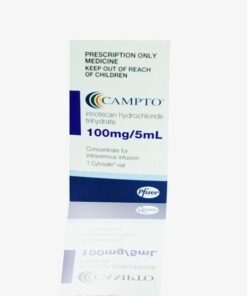
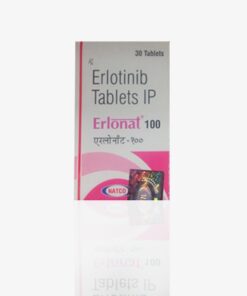
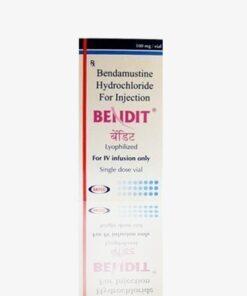





Reviews
There are no reviews yet.